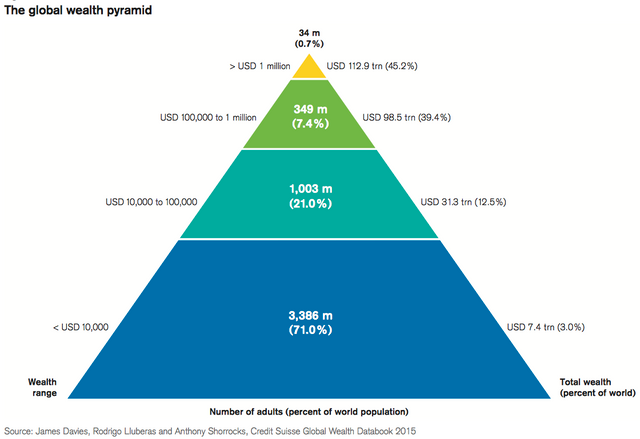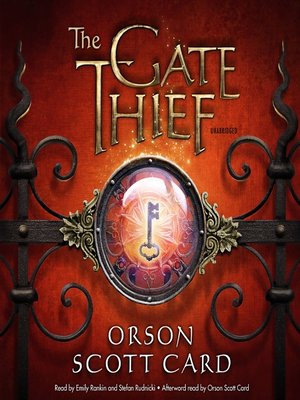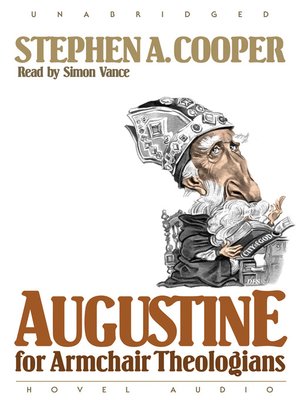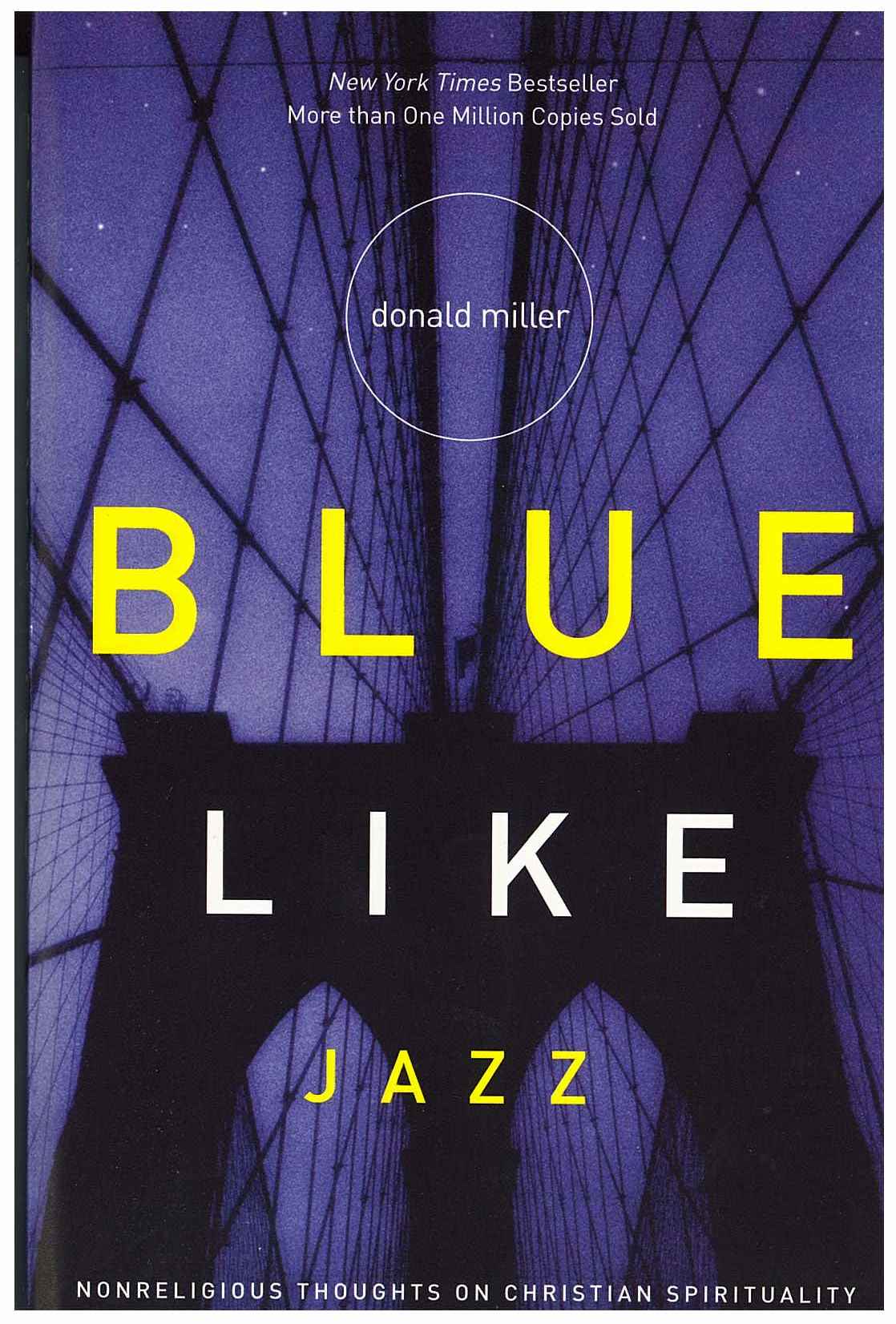I must admit that I only got to chapter 5 out of 17 of The World is Flat by Thomas L. Friedman. This one has been on my bookshelf for about 8 years since my husband read it for a college course, and so when I saw it as an audiobook from my library, I thought I might as well listen to it. I understood the premise already: due to globalization, there isn't the same kind of siloing of information or economic possibilities as there used to be. Since we have the Internets and easily accessible phone service, etc., many people around the world have access to similar jobs, products, services, and opportunities. What used to have to be done in-house can now be parceled out and outsourced.
While I think the premise is true, I was not interested enough in the book to continue listening to it through to the end. Maybe it got better; I probably will never know. I have two main problems with the book: first, it was kind of boring because this version (I think it's the 3rd edition) was written in 2007, and most of it is very outdated. His predictions about technology have already happened and are now old hat. It's kind of interesting reflecting on how much has changed in the last 8 years and how quickly this has become "normal," but other than that, I didn't find it interesting.
Second, Friedman seems to give this a fairly unqualified positive spin. Globalization is a good thing to him; this flattening of the economy, though scary in some ways because of the loss in the USA of certain types of jobs, is overall positive because it frees "us" up to do more interesting jobs that are higher up the ladder of creativity so we don't have to deal with menial labor, data entry, and the like.
In my opinion, this doesn't seem to be true, and even if it was, it's still troubling. Basically what he's saying is not so much that the world is flat, but that the hierarchy has expanded. Now the hierarchy has a broader base from which to pull, so it feels like it's flatter to those of us in the middle classes because there are more of us in a similar range (see pyramid at right). But what the book fails to realize is the extreme pointy-ness of the world, in actuality, a fact that the Occupy movement attempted to help us recognize. There are more people competing for middle class jobs. We've sent many of them overseas, but rather than allowing Americans to have better jobs, it actually seems to mean there are often fewer jobs that provide a living wage. We are either highly skilled and can find a good paying job, or we work in the service industry or retail or some other area of the workforce that is fairly difficult work and also receives little pay.
Also, the problem with this is that it assumes a sense of superiority of Americans over people in other countries. It assumes that we deserve or are entitled to the more fun, creative jobs, and that people in other countries should be happy to take the boring jobs we don't want to do, receiving substantially less pay for it. The problem with this way of thinking is that it is still a hierarchy. In order for people around the world to move up the ladder, there has to be someone else that is so desperate for work that they will take the boring jobs after them. It's also problematic for the environment, because usually it means that the people in those places have no other alternative but to move to a city and take a job in a factory or call center because their way of life is no longer possible because their resources have been destroyed, taken over, or made toxic through pollution.
So while Friedman is correct that the Internets do make the global middle class feel flatter, I think he failed to take into account several important factors of the extreme hierarchy we are still dealing with, and the impacts this entitlement has on the world's people and land.
Monday, November 30, 2015
Monday, November 23, 2015
mini book reviews: a few by orson scott card
I've read several books by Orson Scott Card in the last few months, and I've found him to be kind of hit or miss. He's probably best known for Ender's Game, since it became a movie. A prolific author, it is fascinating to me that he can think of so many different worlds and variations on worlds.
The books I've read recently include a short novella, Space Boy, a novel called Songmaster, and the first two books in his Mither Mages Series, The Lost Gate and The Gate Thief. Of these, I would definitely recommend the Mither Mages books! The third one just came out, but it's not on audiobook at my library yet, so I unfortunately have yet to read it.
Space Boy is an interesting thought experiment that takes about three hours to listen to. What would happen if a sci-fi wormhole was actually an invisible worm that could suck someone from one world to another? What if it was in a young child's bedroom, and that's why he was afraid of monsters in his closet? Although the novella itself was not that great, the idea was intriguing.
Songmaster was somewhat better. It imagines a future where some human beings had developed the ability to sing much more powerful emotions into their music, and follows a boy named Ansett who is particularly gifted. The book explores themes of power, control, emotion, love, hate, and the maturity process. I appreciated the exploration of later life toward the end of the book, because I think many coming-of-age stories focus on the teenage and young adult years, as if that is all the coming-of-age that human beings experience, but the transitions to other life stages do not seem to be as well developed in much of literature. But I found the book overall to be lacking a solid thread of meaning and purpose.
The Mither Mages series is great! I can hardly wait to listen to the third one. This series imagines that the gods of the ancient world were actually a separate group of human-like beings, and the intermarriages we hear about in the stories of those gods ended up diluting their stock so that, though the ancient families still exist, they are not as powerful. It explains a lot of otherwise-strange phenomena in history, such as certain people who have particular connections to plants or rocks, why some people in ancient times could do miracles, and of course the reasons for all the mythology from different cultures about their gods, who apparently don't have the powers they seem to have had in the past. This series is an imaginative take on that concept. I learned quite a bit about ancient mythology, and the story was fun.
The first one takes place on Earth in a rural Virginia commune, and tells the story of a mage who is one of the first gate mages in recent history. Gates magically take people from one place to another like stepping through a gate. In the ancient world of the Mither Mages, there used to be gates all over the place, from place to place on Earth, and from Earth to other planets, but the Gate Thief stole them all. I suppose what I like most about these books, besides the imaginative ideas, is that the author shows the character moving through a variety of stages of understanding himself and his world, coming to empathize with the enemy and grapple with his own role. Is he the hero, or the villain?
The books I've read recently include a short novella, Space Boy, a novel called Songmaster, and the first two books in his Mither Mages Series, The Lost Gate and The Gate Thief. Of these, I would definitely recommend the Mither Mages books! The third one just came out, but it's not on audiobook at my library yet, so I unfortunately have yet to read it.
Space Boy is an interesting thought experiment that takes about three hours to listen to. What would happen if a sci-fi wormhole was actually an invisible worm that could suck someone from one world to another? What if it was in a young child's bedroom, and that's why he was afraid of monsters in his closet? Although the novella itself was not that great, the idea was intriguing.
Songmaster was somewhat better. It imagines a future where some human beings had developed the ability to sing much more powerful emotions into their music, and follows a boy named Ansett who is particularly gifted. The book explores themes of power, control, emotion, love, hate, and the maturity process. I appreciated the exploration of later life toward the end of the book, because I think many coming-of-age stories focus on the teenage and young adult years, as if that is all the coming-of-age that human beings experience, but the transitions to other life stages do not seem to be as well developed in much of literature. But I found the book overall to be lacking a solid thread of meaning and purpose.
The Mither Mages series is great! I can hardly wait to listen to the third one. This series imagines that the gods of the ancient world were actually a separate group of human-like beings, and the intermarriages we hear about in the stories of those gods ended up diluting their stock so that, though the ancient families still exist, they are not as powerful. It explains a lot of otherwise-strange phenomena in history, such as certain people who have particular connections to plants or rocks, why some people in ancient times could do miracles, and of course the reasons for all the mythology from different cultures about their gods, who apparently don't have the powers they seem to have had in the past. This series is an imaginative take on that concept. I learned quite a bit about ancient mythology, and the story was fun.
The first one takes place on Earth in a rural Virginia commune, and tells the story of a mage who is one of the first gate mages in recent history. Gates magically take people from one place to another like stepping through a gate. In the ancient world of the Mither Mages, there used to be gates all over the place, from place to place on Earth, and from Earth to other planets, but the Gate Thief stole them all. I suppose what I like most about these books, besides the imaginative ideas, is that the author shows the character moving through a variety of stages of understanding himself and his world, coming to empathize with the enemy and grapple with his own role. Is he the hero, or the villain?
Wednesday, November 04, 2015
mini book review: augustine for armchair theologians
I listened to the audiobook of Augustine for Armchair Theologians (Stephen A. Cooper, 2002) mainly out of curiosity for what the author would say to "armchair theologians," although as someone who has a master of divinity degree and teaches in a seminary, I probably don't exactly count as an armchair theologian. What I appreciated about this book is that it went through the entire book of his Confessions and pulled out important moments and key points, and placed them within their cultural milieu in a way that likely would make sense for the average college-educated reader. This is a very accessible text and gives a good overview of Augustine's life and struggles, and the reasons behind those struggles, which may not be entirely clear if one was reading through the Confessions unaided. It also includes a brief overview of City of God.
I realized that previously, though I read the Confessions and City of God years ago, I was mainly reading them for his theology, and to learn about church history in his lifetime, and not so much for learning about his life and personal experience. Yes, I assign chapters from his Confessions when I teach church history to undergrads, so I was very aware of his conversion experiences and other highlights, but I hadn't spent a lot of time learning more than the basics of his biography. I enjoyed hearing Coopers explanation of why Augustine thought and emphasized certain things, and I appreciated his emphasis on the strangeness of Augustine's coming to God through "pagan" books.
I didn't like some of the presumptions Cooper made about Augustine's correctness or incorrectness of theological insight. In many places in the book he presented information and left it up for the reader to decide what was right and true, but especially toward the end of the text, after Augustine's conversion, Cooper makes more values-based statements about the correctness of Augustine's theology. It would have been better had he said something like, "This disagrees with the later version of orthodoxy according to [some council or pope]," but instead he made blanket statements about whether it was right or wrong without a lot of context for what branch of Christianity his judgments flow from.
In the past, I admit, when I've read Augustine it has often been to disagree with him, since much of the Just War Theory is based on his writings. I enjoyed the chance to get to know the man behind the theology. It gives me a better basis for empathy for his belief system.
I recommend this book to those interested in learning more about Augustine, but if you haven't read the Confessions or City of God yourself, I encourage you to read those afterwards, too.
I realized that previously, though I read the Confessions and City of God years ago, I was mainly reading them for his theology, and to learn about church history in his lifetime, and not so much for learning about his life and personal experience. Yes, I assign chapters from his Confessions when I teach church history to undergrads, so I was very aware of his conversion experiences and other highlights, but I hadn't spent a lot of time learning more than the basics of his biography. I enjoyed hearing Coopers explanation of why Augustine thought and emphasized certain things, and I appreciated his emphasis on the strangeness of Augustine's coming to God through "pagan" books.
I didn't like some of the presumptions Cooper made about Augustine's correctness or incorrectness of theological insight. In many places in the book he presented information and left it up for the reader to decide what was right and true, but especially toward the end of the text, after Augustine's conversion, Cooper makes more values-based statements about the correctness of Augustine's theology. It would have been better had he said something like, "This disagrees with the later version of orthodoxy according to [some council or pope]," but instead he made blanket statements about whether it was right or wrong without a lot of context for what branch of Christianity his judgments flow from.
In the past, I admit, when I've read Augustine it has often been to disagree with him, since much of the Just War Theory is based on his writings. I enjoyed the chance to get to know the man behind the theology. It gives me a better basis for empathy for his belief system.
I recommend this book to those interested in learning more about Augustine, but if you haven't read the Confessions or City of God yourself, I encourage you to read those afterwards, too.
Tuesday, November 03, 2015
mini book review: blue like jazz: nonreligious thoughts on christian spirituality
I finally got around to reading (or at least listening to) Blue Like Jazz: Nonreligious thoughts on Christian spirituality (2003), a book that was fairly popular in my social circles over the last several years since the author, Donald Miller, is from Portland, OR and is an Evangelical Christian who writes about social activism. I hadn't read the book before, partially because it was so popular and trendy, so I thought it was ironic that he makes fun of Trendy Author (or, really, himself because he was judging Trendy Author), a Northwest author who writes about fishing and gave a reading at Powell's (one can surmise it's David James Duncan, except that he said the author is an Oregonian, and Duncan is a Montanan). At any rate, I think I kind of wrote off Blue Like Jazz in a similar way to the criticism Miller has of Trendy Author: that from what I heard, he was spouting a version of Christianity with just the right amount of edginess to get Evangelical Christians to think they're getting out of their comfort zones into something exciting.
Well, the book was not terrible. There were things I liked about it. I had already heard the confession booth story, where he and his friends set up a reverse confession booth at Reed College, and I would probably assign that for students to read. It was pretty powerful. That was probably my favorite chapter. There was also a pretty good chapter about tithing, although leaving one with the impression that if you just start tithing, money will start flowing to you. Maybe, but that leaves the problem of those for whom that doesn't happen. The last several chapters were the most interesting, and although I wasn't as interested in the early chapters, I'm not sure if the last several would have made sense without following him through the whole story. At the same time, his story is not told linearly, so it may not matter. The end of the book is more thematic rather than story-driven, so probably others might like the other chapters more and I'm just weird!
I was a little confused about who his audience is meant to be. I think probably he's aiming at those who are Evangelical Christians, or who were raised so, but who are frustrated with the church. I think he's trying to show that there's another way to be an Evangelical Christian than the close-minded, judgmental, fundamentalist, biblical literalists that he grew up with. He may be thinking that he's going to reach people who aren't Christians, but I think the Christianese would probably not be accessible for many people who didn't grow up in the church.
I would tentatively recommend this book to people who want to be Christians and come from an Evangelical or Fundamentalist background, but who are disenchanted with the church, and who aren't comfortable with a completely radical reorientation of their faith but who just need a bit healthier of a spin on things. I would not recommend this book to people who are already thinking deeply about their faith (or even their not-faith), or to most Friends. I found the book a little bit sexist, although I appreciate that he recognizes that he's not that great at relationships with women, so I think he just didn't really know how to approach the topic well. I also didn't like that he seemed to be bringing up some things just to shock people and make them think they were reading something edgy. Those sections came across as just for show and to sell books.
I do think Miller is genuine, though, and that he wants to sell books because he wants people to realize that God isn't a slot machine or a punitive judge, and that people are really changed through encountering Jesus in community. Miller shares some fairly personal experiences of failure or of missing the mark, and I appreciated his humility and willingness to learn from these experiences.
Well, the book was not terrible. There were things I liked about it. I had already heard the confession booth story, where he and his friends set up a reverse confession booth at Reed College, and I would probably assign that for students to read. It was pretty powerful. That was probably my favorite chapter. There was also a pretty good chapter about tithing, although leaving one with the impression that if you just start tithing, money will start flowing to you. Maybe, but that leaves the problem of those for whom that doesn't happen. The last several chapters were the most interesting, and although I wasn't as interested in the early chapters, I'm not sure if the last several would have made sense without following him through the whole story. At the same time, his story is not told linearly, so it may not matter. The end of the book is more thematic rather than story-driven, so probably others might like the other chapters more and I'm just weird!
I was a little confused about who his audience is meant to be. I think probably he's aiming at those who are Evangelical Christians, or who were raised so, but who are frustrated with the church. I think he's trying to show that there's another way to be an Evangelical Christian than the close-minded, judgmental, fundamentalist, biblical literalists that he grew up with. He may be thinking that he's going to reach people who aren't Christians, but I think the Christianese would probably not be accessible for many people who didn't grow up in the church.
I would tentatively recommend this book to people who want to be Christians and come from an Evangelical or Fundamentalist background, but who are disenchanted with the church, and who aren't comfortable with a completely radical reorientation of their faith but who just need a bit healthier of a spin on things. I would not recommend this book to people who are already thinking deeply about their faith (or even their not-faith), or to most Friends. I found the book a little bit sexist, although I appreciate that he recognizes that he's not that great at relationships with women, so I think he just didn't really know how to approach the topic well. I also didn't like that he seemed to be bringing up some things just to shock people and make them think they were reading something edgy. Those sections came across as just for show and to sell books.
I do think Miller is genuine, though, and that he wants to sell books because he wants people to realize that God isn't a slot machine or a punitive judge, and that people are really changed through encountering Jesus in community. Miller shares some fairly personal experiences of failure or of missing the mark, and I appreciated his humility and willingness to learn from these experiences.
Subscribe to:
Comments (Atom)







